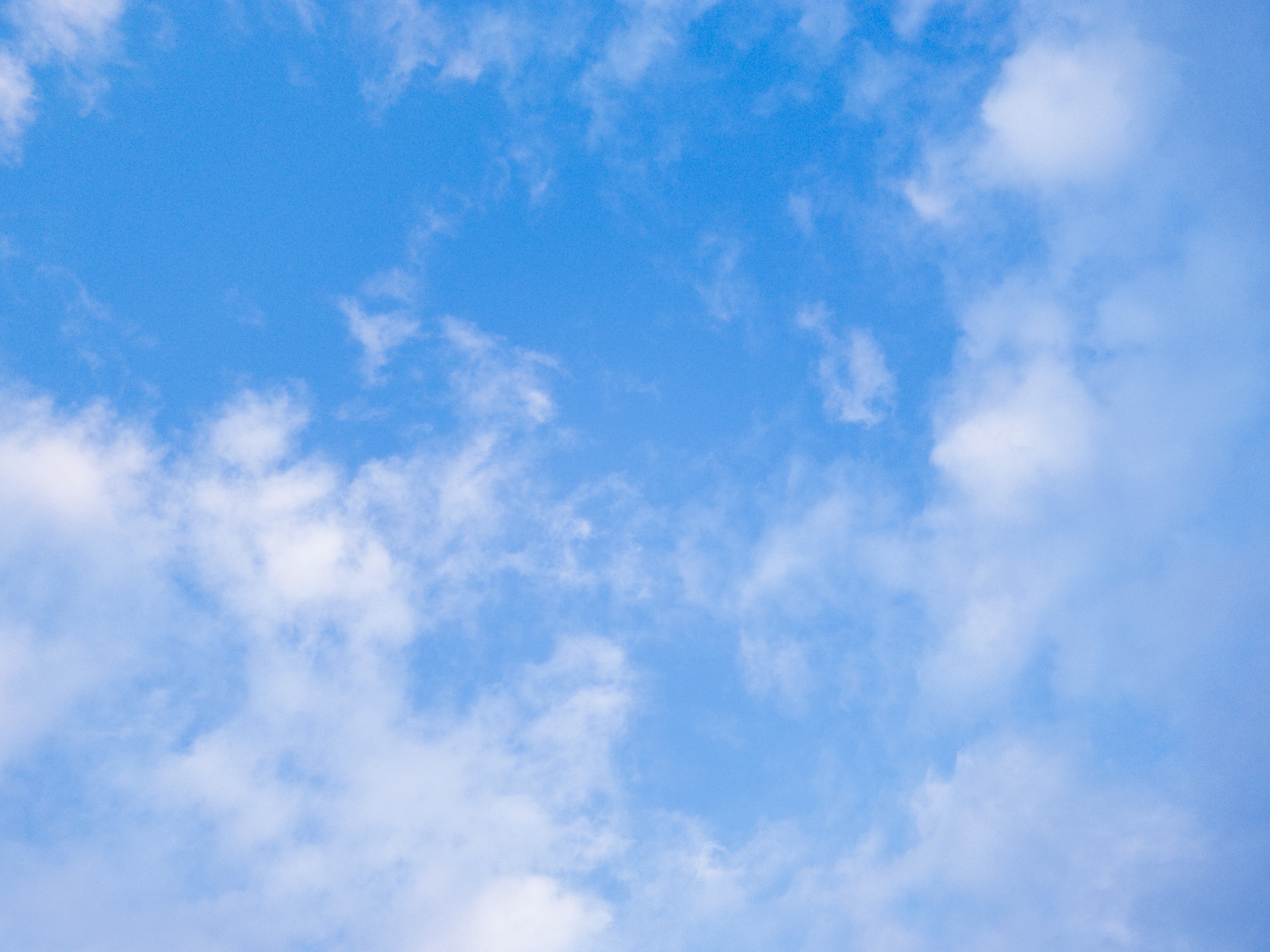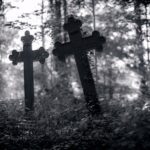
by Nicole Yurcaba
Humanity has perhaps entered an interesting new era–the Pyrocene. Characterized by an increase in wildfires and how humans’ reliance on fossil fuels impacts Earth, the Pyrocene is a frightening era, one in which humanity must live with what it has created–a world prone to fires and dramatically changing landscapes and dying ecosystems. As humanity grapples with the consequences of its creation, poets like Jared Beloff wrestle images of this bleak future into grounded, scientifically informed reflections that echo the environmental awareness writers like Mary Oliver and Barry Lopez attempted to raise years ago.
The collection pays homage to the one of the most recognizable environmental disasters to occur–the Chornobyl (Editor’s note: Here, the review’s author utilizes the Ukrainian spelling of the region, rather than the well-known Russian spelling “Chernobyl”.) nuclear disaster. “The feral pigs of Chernobyl are glowing” is a distinctive poem in which the speaker contemplates the disaster’s long-term consequences. To fully appreciate the poem, it helps if readers have some context of the disaster, which rated at seven on the International Nuclear Event Scale. The poem’s stop-and-think moment appears in three strong lines: “each grind of tusk or tooth, keeps them / snuffling to prize and rust this solitude / we’ve buried like truffles underneath.” If considered in the context of Russia’s current, brutal invasion of Ukraine, the poem develops an even starker, more urgent tone, considering that Russia’s invasion has stirred radiation and threatened containment procedures.
The prose poem “Just another Tuesday in the Anthropocene” opens with an emotional jolt: “There’s beauty in death if you learn how not to look for it.” The poem dares venture into a space where most eco-disaster poetry limits itself or doesn’t enter–a parent’s concern about how today’s collective ignorance and denial of the climate change disaster impacts their children’s tomorrow. Words like “dust,” “settle,” and “powder” allude to the widespread, severe droughts plaguing many areas of the world, while other words such as “polyps” and “radiating” suggest an irreversible toxicity with which future generations must cope and in which they will live.
Governments are growing more and more concerned about the climate emergency and are taking legal action against Big Oil for their role in causing the emergency. Thus, poems like “Firstborn of the Dead”–while not overtly political–act as minor socio-political manifestos against an industry which, for decades, has avoided accepting responsibility for its actions. The poem opens impressively, acknowledging that those who hold true dominion over the earth are “ExxonMobil, Gazprom / British Petroleum, pipelines carving latitude.” Centering the poem is a dystopia-laden stanza. Ships “forging new routes” pass “dying trees” and “dunes, silt ruddy with blood.” The poem also addresses the displacement crisis inherent to the climate emergency: “a woman walks within boarded houses, seven Xs / across seven sealed doors, the river’s flood flashes.” The allusion to the Seven Seals of God from the Book of Revelation might elude some readers, while others may recognize them and shiver as they contemplate their apropos appearance in a book about the world’s end. Nonetheless, the allusions are imperative, considering that The Book of Revelations is one of the most definitive end-of-days texts humanity possesses.
Like Shawn Hoo’s of the Florids, Who Will Cradle Your Head? considers the past in the context of the present, but it also contemplates a drastically altered environmental future. Similarly to Ashley Stine’s novel Trashlands, it presents images of familiar places on the verge of disaster and erasure because of human and corporate greed. However, setting it apart from other eco-dystopian literature is its sense of urgency. Every poem bears an intense call to action, one readers cannot–and should not–ignore.
Nicole Yurcaba (Ukrainian: Нікола Юрцаба–Nikola Yurtsaba) is a Ukrainian (Hutsul/Lemko) American poet and essayist. Her poems and essays have appeared in The Atlanta Review, The Lindenwood Review, Whiskey Island, Raven Chronicles, West Trade Review, Appalachian Heritage, North of Oxford, and many other online and print journals. Nicole teaches poetry workshops for Southern New Hampshire University and is a guest book reviewer for Sage Cigarettes, Tupelo Quarterly, Colorado Review, and The Southern Review.



Add your first comment to this post